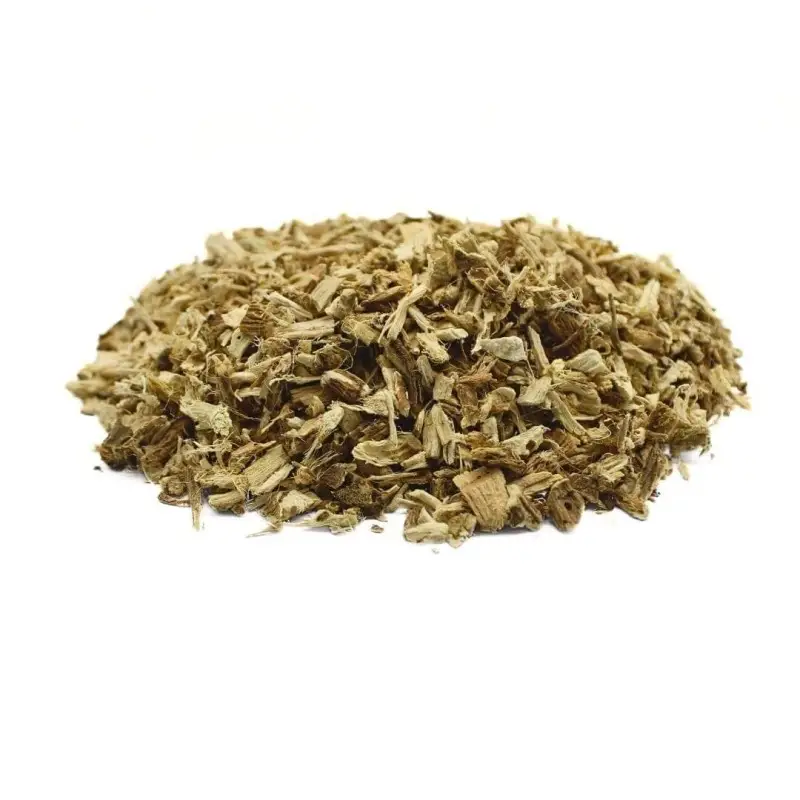- New



Fast delivery worldwide
Sent by: DHL, DPD, UPS, MRW, CTT
Althaea officinalis L. is widely used in popular medicine for laryngitis and tonsillitis. It can also help with burns and wounds. An infusion of its leaves can help relieve constipation and bladder discomfort.
Its roots, leaves and flowers are traditionally widely used as a sedative, anti-inflammatory, anti-diarrhoeal, laxative, diuretic and expectorant. Alteia tea is often effective in cases of inflammation of the intestines (gastritis, gastric ulcer, colitis, irritation of the large intestine) and in rheumatic fevers, gout and arthritis.
Ingredients: 100% Althaea, Root (Althaea officinalis L)
Curiosities:
Althaea is a perennial plant (it doesn't need to be replanted) and is also known as mallow, malvarisk, white mallow and marsh mallow. This plant has been used since ancient times and was first used to make marshmallows.
Marshmallow Root: what is it used for?
It has been used since ancient times to treat sore throats and coughs. Alteia has a demulcent and soothing action on irritated mucous membranes.
Calming - The compounds present in Alteia can help relax the nervous system and promote a sedative effect, allowing anxiety and stress to be reduced.
Anti-inflammatory - Flavonoids and other anti-inflammatory compounds can help reduce inflammation in the body.
Fights infections - Its antimicrobial properties can help fight respiratory infections.
Preparation:
Water temperature: 100º.
Infusion time: 3 to 5 minutes.
Recommended amount: 2 tablespoons per 500ml of boiled water.
Dosage: take 3 times a day, between meals, warm or cold.
Warnings: Consumption of this plant should be avoided by pregnant women or infants, as well as anyone with hypersensitivity to the plant's active ingredients.
Legal notice
NOTE: The image presented is only a suggestion of presentation, being that the cut typology and dimensions of the plant can vary in the supply or season of the year, maintaining all the quality, functionalities, and properties of the tea unchanged.
Predominant Flavour: Mild and slightly sweet
Flavour Balance: The mild sweetness of Marshmallow Root is enhanced by Liquorice, while Chamomile adds a calming note.